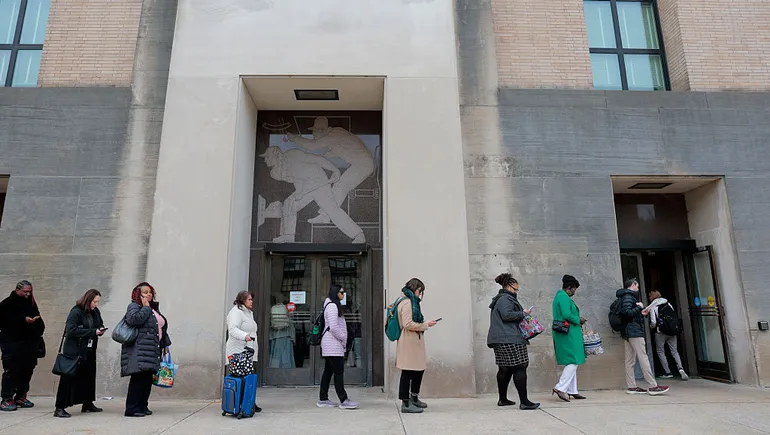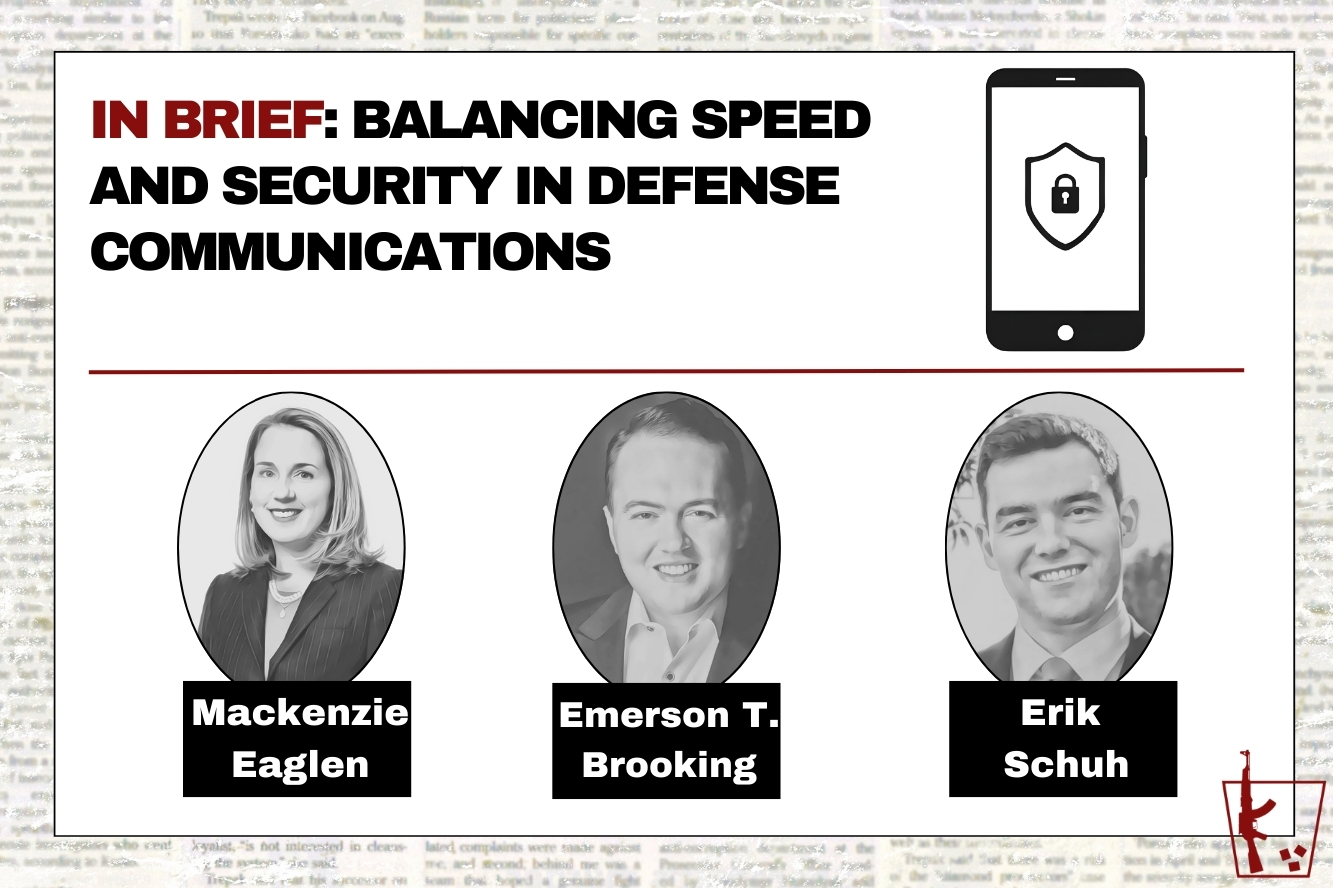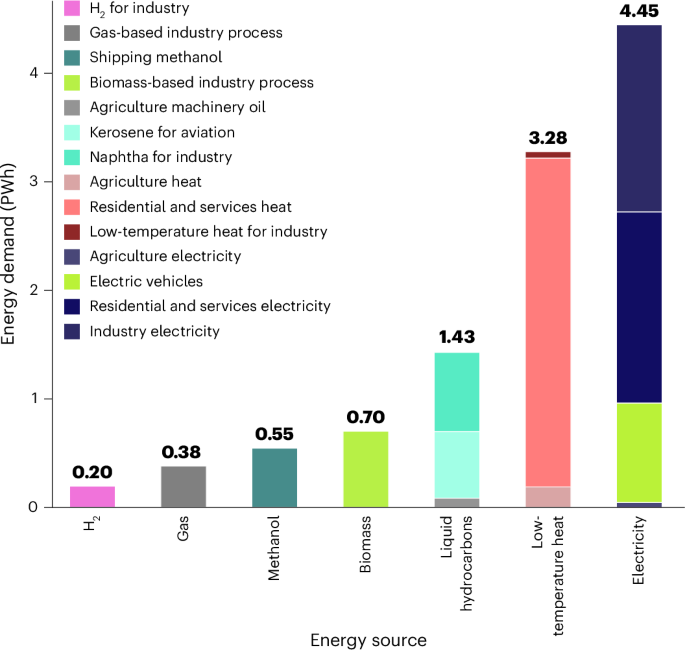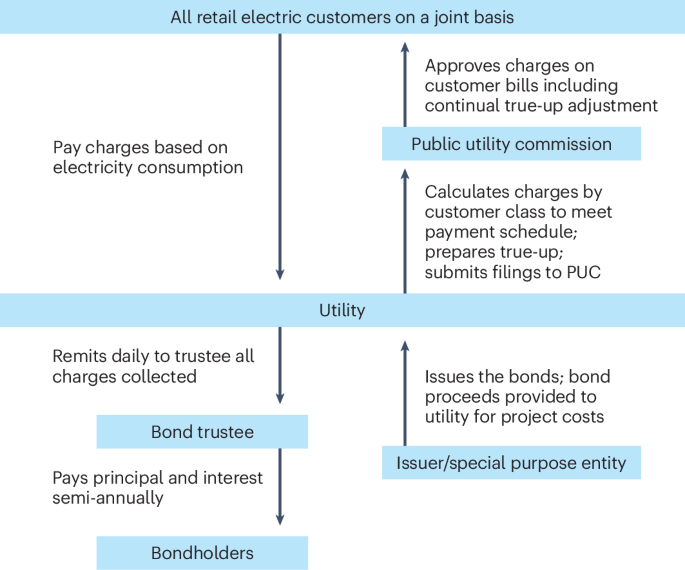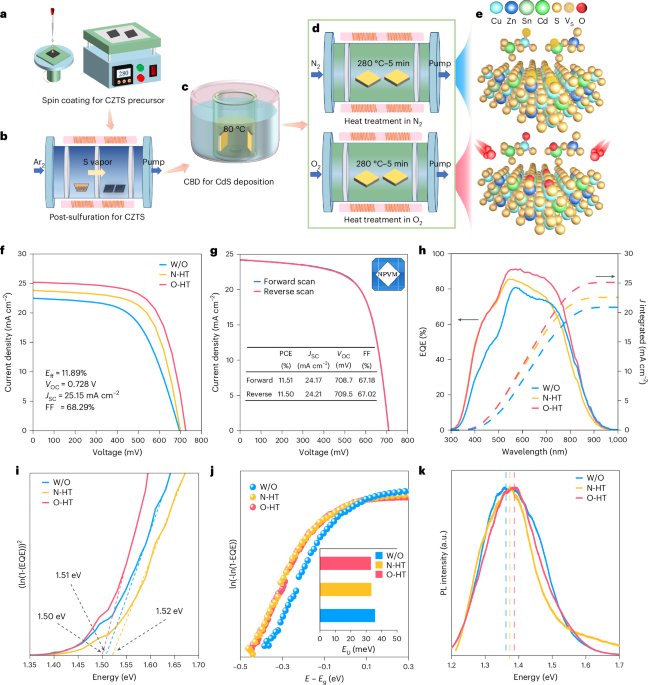Private Equity and Stockholder Agreements: Empirical Insights for the Moelis Debate
In 2024, the landmark Moelis opinion from the Delaware Court of Chancery invalidated certain contractual control provisions that allowed insider stockholders to override a board’s statutory role. This decision sparked intense debate over the ways in which insider stockholders should be allowed to control corporations and their boards of directors. The Delaware legislature quickly enacted […]

Gladriel Shobe, Jarrod Shobe, and William W. Clayton are Professors of Law at Brigham Young University Law School. This post is based on their recent article forthcoming in the Yale Journal on Regulation, and is part of the Delaware law series; links to other posts in the series are available here.
In 2024, the landmark Moelis opinion from the Delaware Court of Chancery invalidated certain contractual control provisions that allowed insider stockholders to override a board’s statutory role. This decision sparked intense debate over the ways in which insider stockholders should be allowed to control corporations and their boards of directors. The Delaware legislature quickly enacted Delaware Senate Bill 313 (S.B. 313) that created new section 122(18) of the DGCL, effectively overturning Moelis and fundamentally altering Delaware’s traditional board-centric governance model. Proponents claimed the legislation merely codified established market practice, while critics argued it overreacted to a single trial-level decision in ways that could harm public markets.
Both sides, however, lacked empirical data on how common such contractual control rights are, who holds them, and what actual “market practice” entails. Our recent empirical study of 1,362 IPOs from 2010-2021 provides essential context to this debate and a view on what 122(18) is likely to mean going forward. Although the drafters of S.B. 313 claimed they were aiming to validate only those contracts “common” in the market, our data reveal a mismatch between those claims, actual market practice, and the broad scope of the new statutory language.









































































